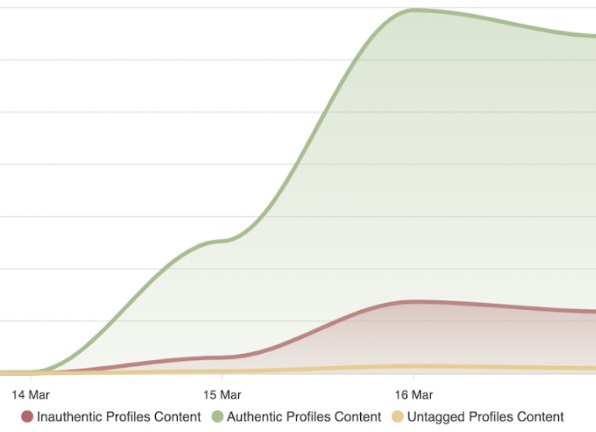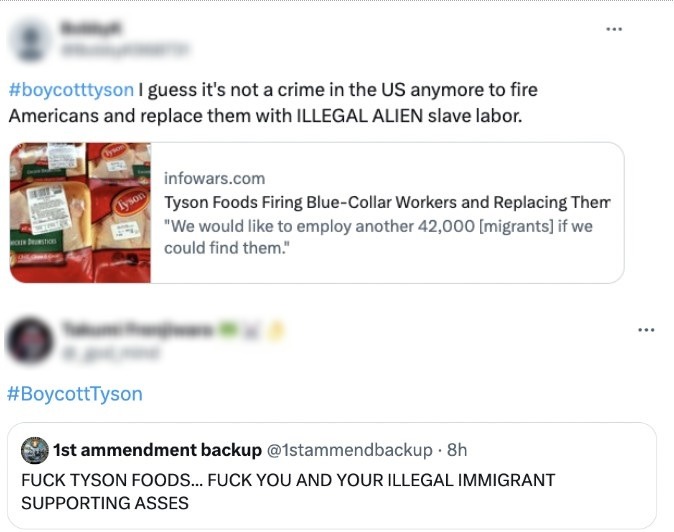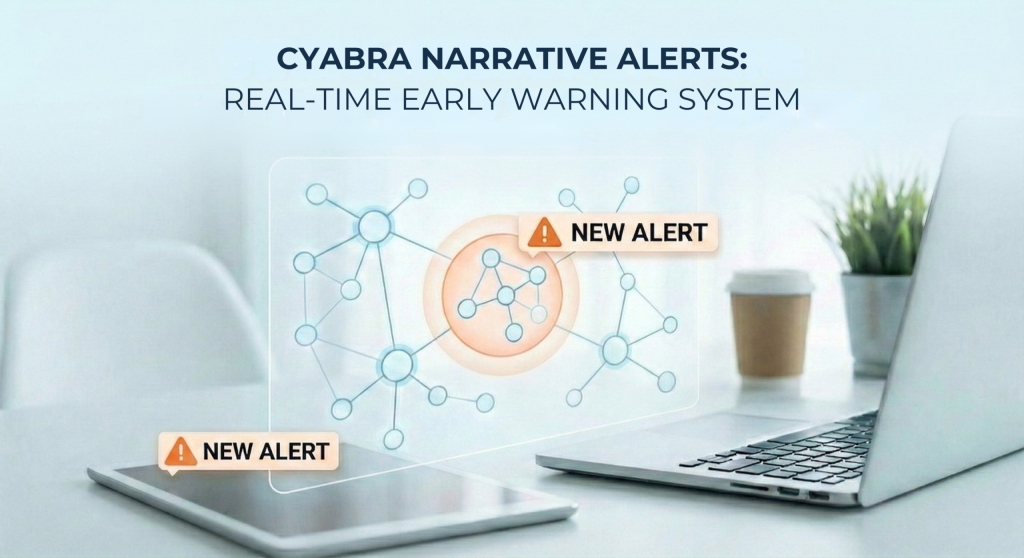Food giant Tyson is facing a storm of criticism and boycott calls after laying off 1200 employees and allegedly replacing them with a cheaper workforce composed of immigrants.
Cyabra discovered that 14% of the accounts discussing the boycott on X (Twitter) were fake, highlighting the impact of bots on online discourse and brands’ reputations.
TL;DR?
- The hashtags #BoycottTyson and #BoycottTysonFoods were massively trending on March 16, which was when bots started utilizing those hashtags
- 14% of the profiles in the conversation on X (Twitter) were fake
- The fake profiles reached 1,134,000 potential views
Processing the Backlash
Tyson Foods, a prominent figure in the food industry, is a leading provider of meat and poultry products, both in the US and globally. In mid-March, Tyson announced plans to close a plant employing about 1,200 employees in Perry, Iowa after a drop in demand for some products. This will be their seventh plant closure this year.
Following this announcement and reports that Tyson was planning to hire immigrants to work at its factories, the company began facing backlash online, with the hashtags #BoycottTyson and #BoycottTysonFoods trending on social media.
Cyabra conducted an analysis of these hashtags across multiple platforms, including X (Twitter), Facebook, Instagram, and TikTok.
Among the 1,371 X profiles that discussed the boycott, Cyabra identified 14% as fake accounts. These fake accounts were particularly active on March 16, the day the hashtag peaked (as witnessed in the graph below).

While they were still not a large part of the conversation, The fake profiles had a huge effect – they managed to disseminate their negative messages to the potential eyes of 1,134,000 profiles.
The fake profiles were using the hashtag to promote the calls for boycott, posting negative content against Tyson Foods, and promoting the message that Tyson Foods was “taking jobs from Americans and giving them to illegal immigrants”, presenting the company as eager to take advantage of the global financial crisis and the current state of the economy to raise their profit. Here are some examples of fake profiles in the conversation:

While some of the bots were actively promoting the boycott, others were using #BoycottTyson strictly for its virality, and posted content that was not related to Tyson Foods or the incident at hand. This is a known tactic that bots use to amplify their reach and build their online presence.. In this case, as well, it resulted in thousands of views, as can be seen in the images below.

Whether they were using the #BoycottTyson hashtag to contribute to backlash or just as a way to try to appear more authentic, these fake profiles represent a growing trend of bots exploiting viral hashtags and amplifying critical online discourse, turning what could have been a minor issue or PR crisis to turn into a massive trend and damaging brands’ reputation, online and offline.
This trend is a growing concern in the realms of marketing, public relations, and communications, posing a significant threat to leading companies in various industries.
Moving forward, it’s crucial for marketing teams and agencies to stay ahead of these evolving challenges by embracing innovative technologies and tools for identifying and mitigating the influence of fake profiles on online discourse. By remaining vigilant and proactive, companies can safeguard their brand reputation and maintain trust with consumers. If you’re interested in learning more about how to navigate these challenges, contact Cyabra.


